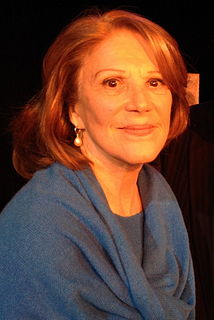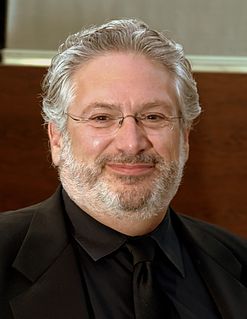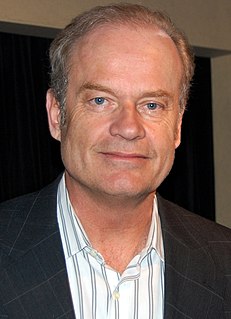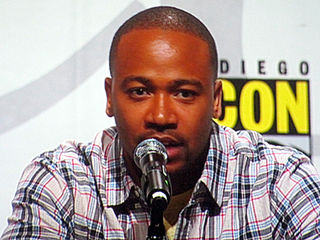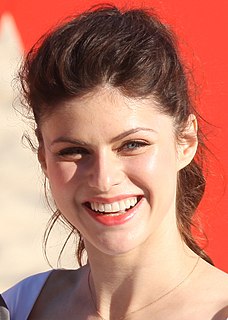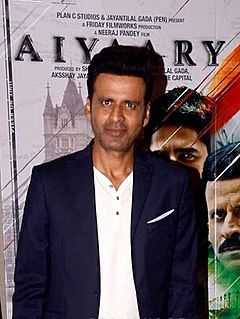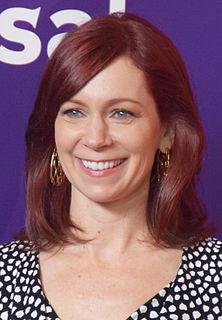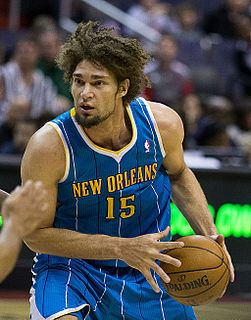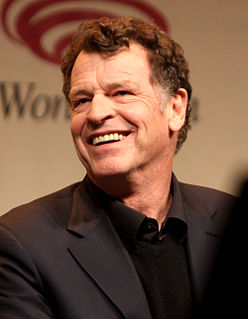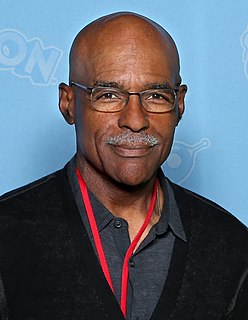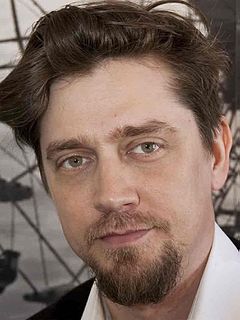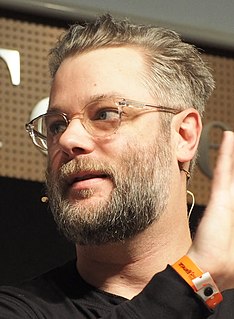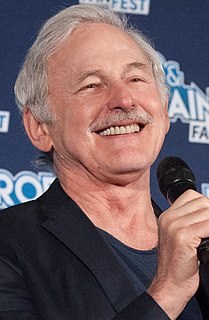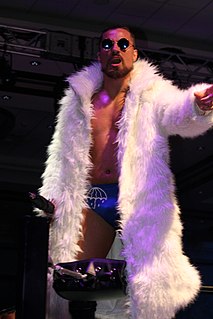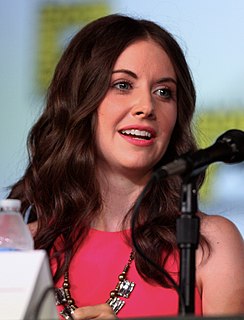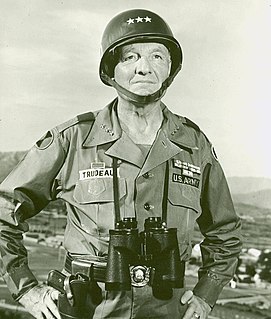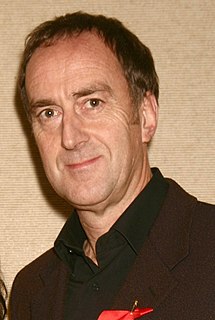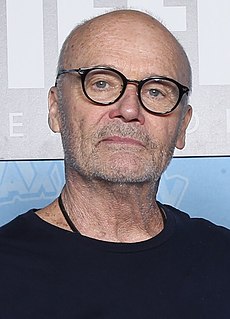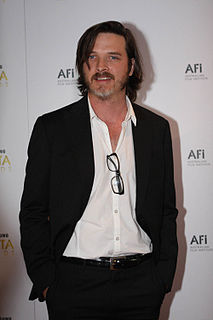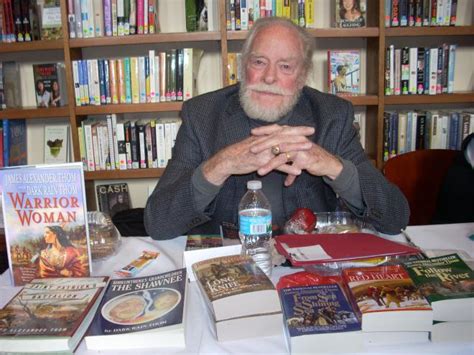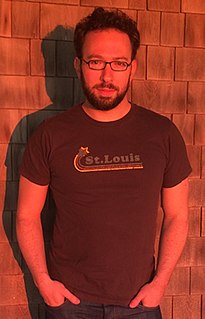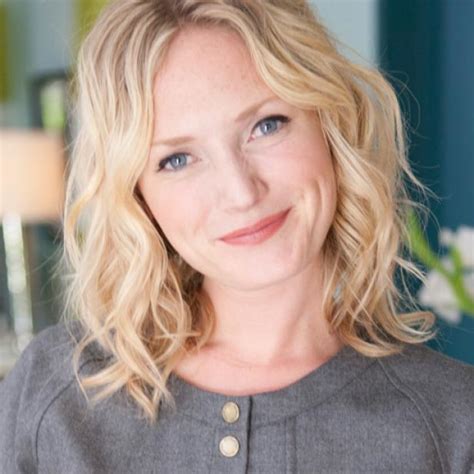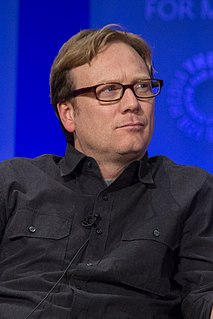Top 1200 Character Of A Person Quotes & Sayings - Page 19
Explore popular Character Of A Person quotes.
Last updated on April 20, 2025.
A person is either himself or not himself; is either rooted in his existence or is a fabrication; has either found his humanhood or is still playing with masks and roles and status symbols. And nobody is more aware of this difference (although unconsciously) than a child. Only an authentic person can evoke a good response in the core of the other person; only person is resonant to person.
The idea that you live your life in phases - I've never bought that. I feel like I'm the same person who sat in at the draft board in 1965, I'm the same person who joined a fraternity, I'm the same person who got an MFA at Bennington, and I'm the same person who founded Weather Underground. My values are still intact.
When I worked with various healers of one kind or another, very often what came up was that there was an "inner" person who was controlling what was going on in the life of the "outer" person, who thinks he's in control of his life. That inner person has a vested interest in keeping the person from getting well, so the healing doesn't take place.
Every movie I work with the costume designer to see what feels like the character, not what Columbus would wear but what is right for the character. Outside of the armored truck standard issue security guard uniform, this guy is trying to make ends meet. He might have one pair of jeans, the same boot, maybe changes his shirt but he doesn't have a walk-in closet full of things, so I wanted something comfortable that felt like the character.
I'm a character actor and I get lost in these characters, so I think it's only recently that people have begun to connect dots and go, 'Oh, that's the same person that did this, this, this, this and this!' which I take as a compliment. One time somebody called me an illusionist, and that was the nicest thing anyone has ever said.
It was seriously just a name. They didn’t tell you what to do. They didn’t tell you how they wanted the character to be - nothing. You went in to audition for this character name and that was it. When I started, before I came onto the set, I went to Gene Roddenberry and said: hey, what do you want from this guy? Who is he? And being as smart as he is, he said: don’t listen to what you’ve heard or read or seen in the past, nothing. Just make the character your own. And that’s what I did.
I'm not one of those actors who gets so taken by a role that I can't live my life. I'm the type of actor who goes to work, transforms into a character, takes you on a journey, and then comes back home to be Billy. When I'm in it, I'm in it, but I know how to get out of it. When you can't shut it off, you're a crazy person. I'm not crazy.
Be thankful that sometimes God lets you struggle for a long time before that answer comes. Your character will grow; your faith will increase. There is a relationship between these two: the greater your faith, the stronger your character, and increased character enhances your ability to exercise even greater faith.
Character is something each one of us must build for himself, out of the laws of God and nature, the examples of others, and - most of all - out of the trials and errors of daily life. Character is the total of thousands of small daily strivings to live up to the best that is in us. Character is the final decision to reject whatever is demeaning to oneself or to others and with confidence and honest to choose the right.
Freemasonry is an ancient and respectable institution, embracing individuals of every nation, of every religion, and of every condition in life. Wealth, power and talents are not necessary to the person of a Freemason. An unblemished character and a virtuous conduct are the only qualifications for admission into the Order.
I think it's hard to differentiate between your wrestling character and your real character - you kind of end up being both. I've always been my wrestling character in and out of the ring and in and out of the dressing room, and I was always really respected in the dressing room by the other wrestlers.

